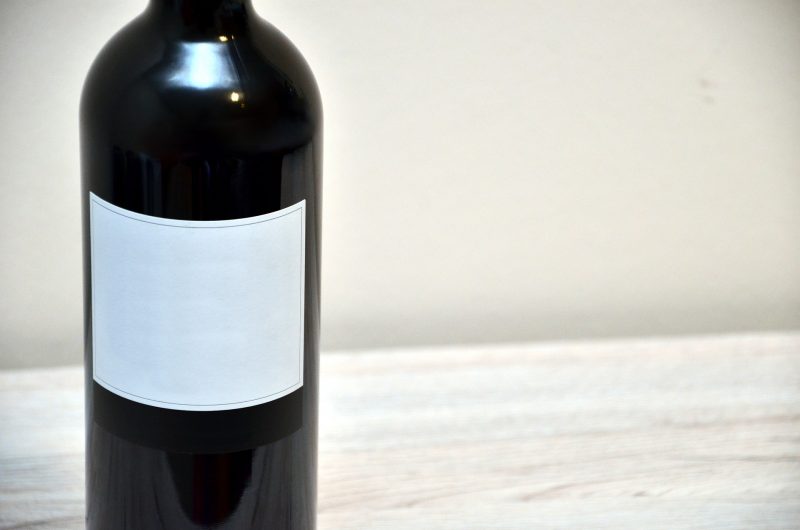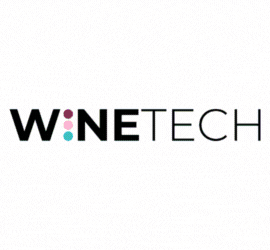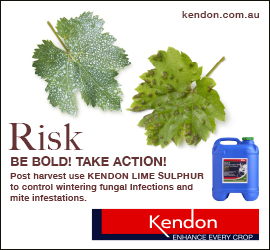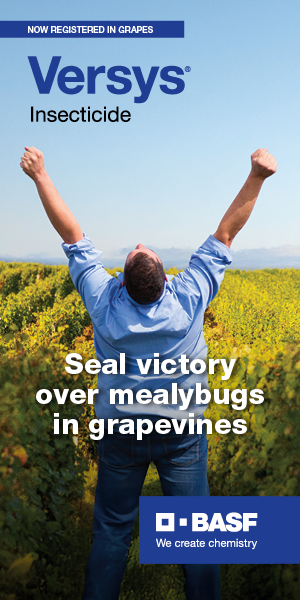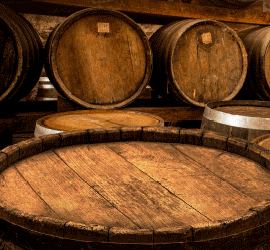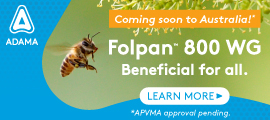Australian Grape & Wine (AGW) has announced its support of mandatory pregnancy warning labels that raise awareness about the risks of drinking during pregnancy, but not labels that unnecessarily target the more than two-thousand small wine businesses across Australia.
Earlier this year the Ministerial Forum on Food Regulation asked Food Standards Australia-New Zealand (FSANZ) to review its original label design on the grounds that it presented “an unreasonable cost burden” on industry.
However, AGW reports the review recommendations show that FSANZ has failed to address the concerns of Ministers.
“This was the recommendation keeping Australia’s small wine businesses up at night,” said Tony Battaglene, AGW chief executive.
“We’re surprised that FSANZ has chosen to ignore the increased awareness about the risks of drinking during pregnancy achieved through voluntary labelling and industry-government partnerships such as the DrinkWise Australia FASD Awareness Program.
“This program has been supported by industry and government over many years and provides an integrated and targeted approach reaching millions of Australians through medical practices, pregnancy magazines, online media, radio, secondary schools and community settings.
“While we are pleased FSANZ has suggested a more targeted headline of ‘Pregnancy Warning’, this change does not address the Ministerial Forum’s concerns about unreasonable costs to wine businesses in any meaningful way.”
The primary cost concern raised by wine businesses across Australia is the requirement to use black, white and red on the warning label on the bottle and on the outer packaging (the carton).
“Small family-owned wine businesses simply won’t be able to take this kind of hit, especially on the back of drought, bushfires, smoke and now COVID-19,” said Battaglene.
AGW estimates that if contrasting colours were used instead of the three proposed mandatory colours, wine businesses would save around 35 percent per SKU compared to the more costly option.
“Contrasting colours are all that is required for every other FSANZ warning label and it will raise awareness in this instance too. The only thing it won’t do is drive small wine businesses into the ground,” said Battaglene.
“Either option will raise awareness about the risks of drinking during pregnancy. The choice Ministers have to make is whether they will back small businesses by agreeing to the pragmatic approach of requiring high-contrast colours; or whether they will choose the more punitive pathway.”
Are you a Daily Wine News subscriber? If not, click here to join our mailing list. It’s free!
